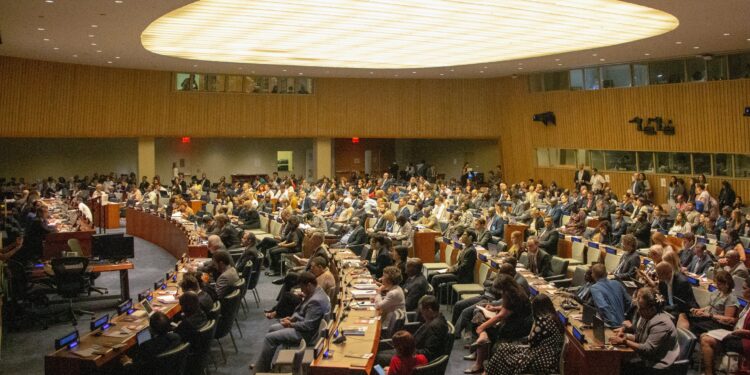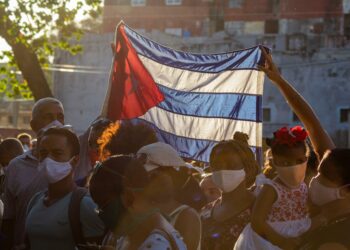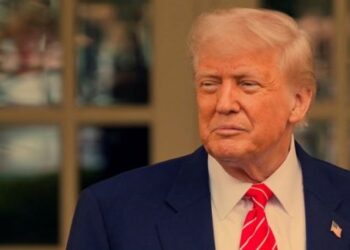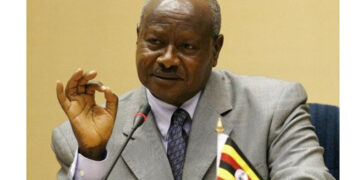The United Nations has finally taken a bold swing or at least what looks like one, the “New York Declaration,” pushed by France and Saudi Arabia, puts the UN General Assembly on record not just for a two-state solution, but also against Hamas. For years, people said the UN turned a blind eye to Hamas’s violence. Now the declaration bluntly condemns the October 7 attacks and demands the release of hostages. More than that, it says Hamas must hand over power in Gaza to the Palestinian Authority. This is the cleanest break the UN has made from the group.
A Sudden Hard Line on Hamas
The UN has long been accused of playing both sides, but this declaration throws Hamas out of the Gaza equation. It even states clearly that Hamas must give up its weapons and its rule, with international backing, in exchange for a sovereign Palestinian state. That’s a shift from past UN language that often danced around naming names. Yet for many in Israel, it’s too little too late. For Palestinians, it feels like outsiders are once again deciding who represents them.
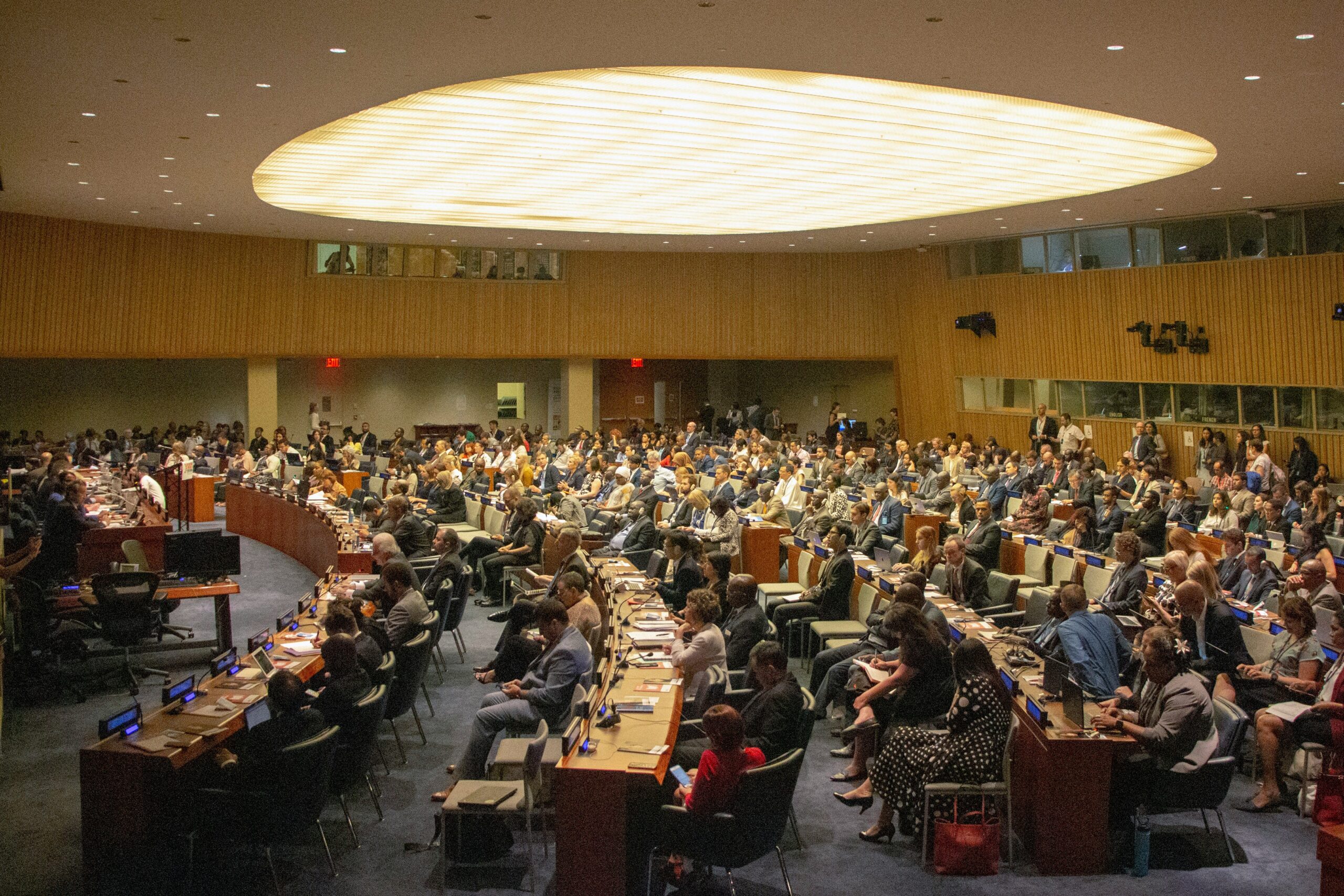
Macron, Saudi Arabia, and the Politics of Pressure
The French and Saudi fingerprints on the plan are obvious. Both want to be seen as peace brokers, and both have their own reasons for keeping Washington close while nudging Israel. Macron has already promised to formally recognise a Palestinian state at the upcoming UN summit in New York. Saudi Arabia, meanwhile, wants to polish its global image while quietly managing ties with both Israel and the Arab world. The “two-state solution” is less about sudden love for Palestinians and more about diplomatic leverage.
The Shield Against Israeli Criticism
Analysts say this resolution gives pro-Palestinian states something they’ve lacked: cover. For the first time, they can point to a UN text that openly condemns Hamas. That makes it harder for Israel to accuse them of looking the other way. But it’s a shield, not a solution. It doesn’t change the fact that Israel’s Prime Minister Benjamin Netanyahu has flatly said: “there will be no Palestinian state.” If Israel won’t move, how far can the UN really push?
Two States, Zero Trust
The slogan of a “two-state solution” has been around for decades, yet the ground reality keeps drifting further from it. Gaza is in ruins after two years of war. The West Bank is crowded with new Israeli settlements. Netanyahu talks annexation. Meanwhile, the Palestinian leadership is fractured, with Mahmoud Abbas weakened and Hamas still in control on the ground. The UN can vote, France can recognise, Saudi Arabia can host summits but if the people living in Gaza and the West Bank don’t see change, then this is just another declaration added to the pile.
UN’s Big Stage, But Small Steps
The UN loves grand declarations, but its track record on Palestine is mostly words with little bite. Even now, what the New York Declaration really does is signal intent, to exclude Hamas, to revive talks, to apply pressure. Yet the gap between intent and reality has never been wider. Almost three-quarters of UN member states already recognise Palestine. That hasn’t stopped the bloodshed.

